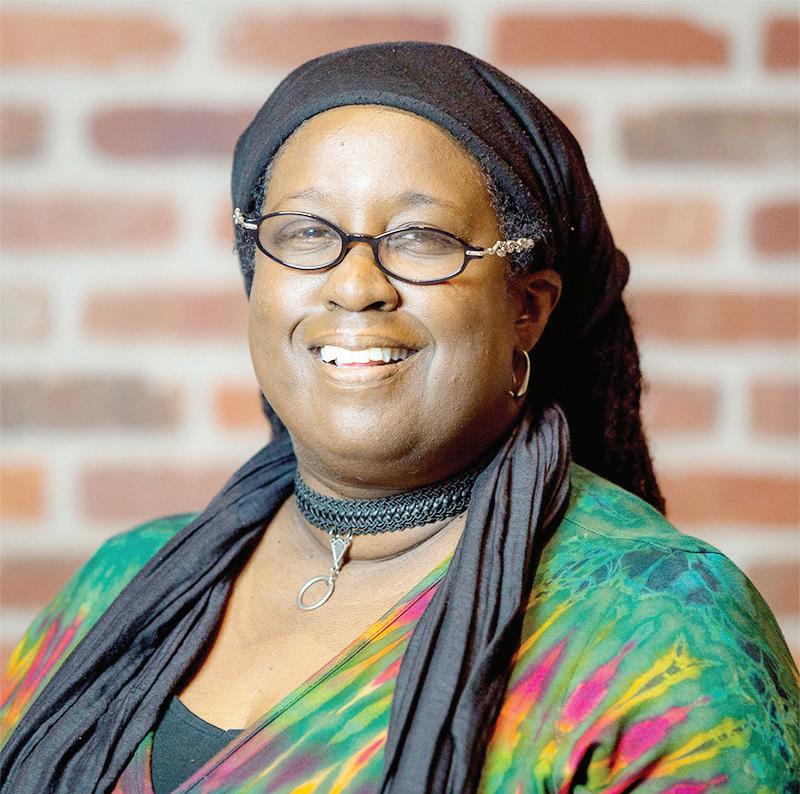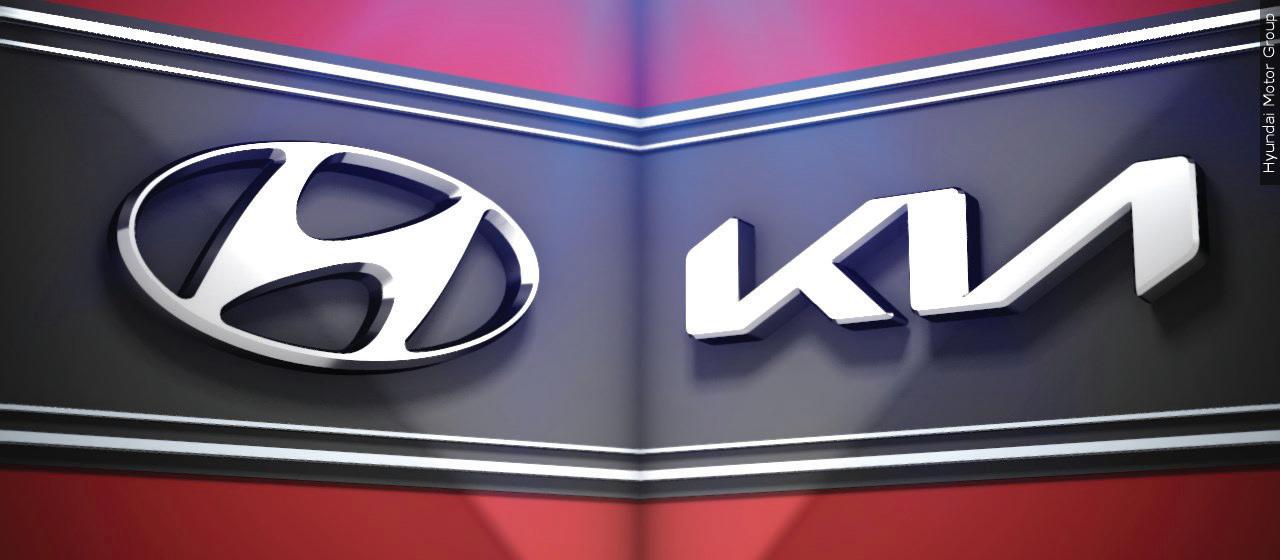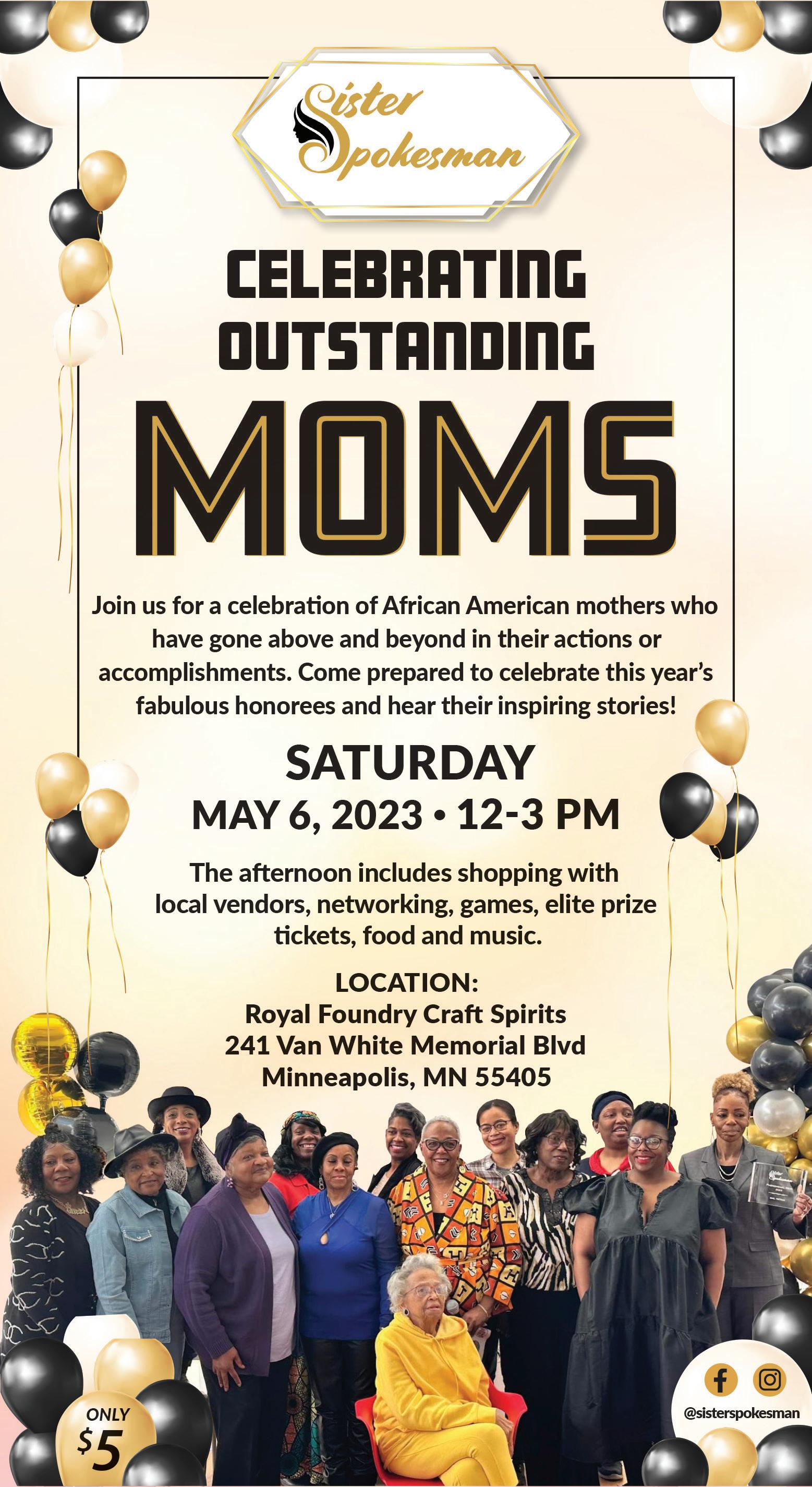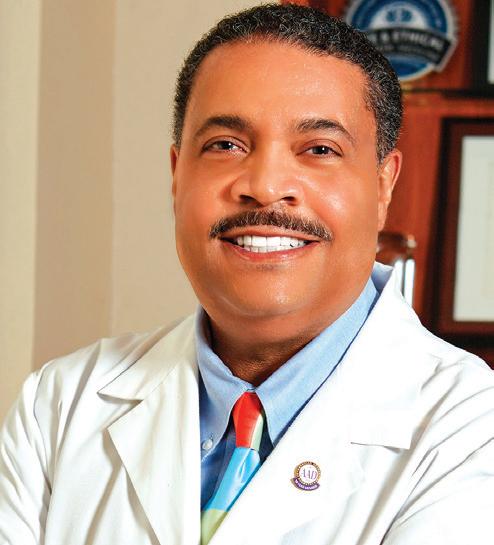
7 minute read
Chisolm Legacy Project brings climate justice resources to Black communities
By Cole Miska
Contributing Writer
For Jacqui Patterson, advocacy around protecting the environment extends far beyond just Earth Day.
Patterson runs the Chisolm Legacy Project, which is a resource hub for Black frontline climate justice leadership. The project focuses on four “buckets,” as Patterson calls them— working with individual communities at a hyperlocal level; working with movements and organizations related to racial justice and climate change; bending the mainstream arc towards equity and justice by trying to get groups and individuals to integrate equity and justice into their environmentalist philosophies; and supporting the wellbeing and leadership of Black women.
Patterson says the idea for the Chisolm Legacy Project came from the high demand she observed for the services it offers while working for the National Association for the Advancement of Colored People (NAACP). She spent 11 years working on six different projects for the NAACP, one of which was an environmental justice program.
Patterson says the program “reached a point that the container of being one of six programs was too small for the demand that we were getting.
“Every day, I worked until I fell asleep on my laptop,” Patterson says.
“I would just be working with CNN in the background until I fell asleep. In the morning, I would wake up and the laptop would still be on from last night and I would just finish the sentence that I had when I fell asleep.”
Patterson says the NAACP was constantly getting requests for speakers at events or to train staff at organizations on the intersections of race and environmental activism. She started Chisolm Legacy Project to focus her work on the intersections of environmental activism, race, and gender, and today the project employs 23 people.
Patterson says she was frustrated by the lack of mainstream media coverage of the intersections of race and premature, and that Black women have a higher maternal mortality rate.
Patterson says many of the disparities in these outcomes come from facilities that release toxins, such as coal-fired power plants, which are more often located in Black neighborhoods. “Just as sure as someone takes out a weapon and murders someone, these toxins are the weap ons that are murdering our communi
Attorney General Ellison calls for national recall of theft-prone Hyundai/Kia vehicles
Thefts of Hyundai and Kia vehicles dramatically higher in metro area, leading to deaths and other violent crimes
By MSR News Online
Last week, Minnesota Attorney General Keith Ellison joined a coalition of 18 state attorneys general in calling for a federal recall of Hyundai and Kia vehicles, following what his office called a failure by the companies to take adequate steps to address the alarming rate of theft of their vehicles.
In a letter to the National Highway Traffic Safety Administration (NHTSA), Attorney General Ellison and the coalition requested that NHTSA institute a recall of unsafe Hyundai and Kia vehicles manufactured between 2011 and 2022. The vehicles’ ignition switches are easily bypassed and the lack of engine immobilizers makes them particularly vulnerable to theft.
cle thefts in the Minneapolis/ St. Paul metro area. Their letter highlights a drastic increase in Kia and Hyundai auto thefts over the past year, including an 893% increase in Minneapolis and a 611% increase in St. Paul. Many of these thefts have been connected to other violent crimes.
In last week’s letter, the coalition called on the federal government to step in, as the vehicles’ systems remain out of compliance with federal standards and pose an unreasonable risk to public safety, and the companies have failed to address these safety issues.
well as related concerns, like struggling to obtain insurance for the affected vehicles.
These vehicles have been stolen at high rates since approximately 2021, harming consumers and contributing to an erosion of public safety. The thefts have frequently been accompanied by reckless driving and further criminal activity, causing injuries and deaths.
The thefts have even gone viral, with videos on social media showing how to hotwire these vehicles and challenging others to steal them. Following these videos, thefts began surging across the country.
The letter by the coalition comes on the heels of his office’s ongoing civil investigation into whether Hyundai and Kia have violated Minnesota’s consumer protection and public nuisance laws in failing to equip their vehicles with industrystandard anti-theft technology.
The letter also comes after Attorney General Ellison, Minneapolis Mayor Jacob Frey, and St. Paul Mayor Melvin Carter wrote directly to the North American presidents of the two car companies in March to ask them to immediately recall and outfit all Kia and Hyundai vehicles missing industry-standard anti-theft technology, in order to stem the rapidly rising tide of vehi-
“The massive increase in thefts of Hyundai and Kia vehicles have Kia and Hyundai have more than enough time to fix this problem voluntarily. It’s now time for the federal government to step in and mandate a recall of these vehicles,” Attorney General Ellison said. “In the meantime, I’m continuing my civil investigation of Kia and Hyundai and the ongoing threat to public safety they have failed to fix. I’m using the tools of civil law to help keep Minnesotans safe.”
Between 2011 and 2022, Hyundai and Kia chose not to include anti-theft devices that were a standard feature in almost every other new car manufactured during that time period, including the same Hyundai and Kia models sold in Canada and Europe. Hyundai and Kia owners now face the unnecessary risks of having their vehicles stolen, as

Attorney General Ellison and the coalition assert that Kia and Hyundai have not gone far enough in their attempts to remedy their vehicles’ vulnerability to theft. While the companies have offered a software upgrade, this upgrade will not be available for many affected vehicles until June and some 2011-2022 models cannot be installed at all. Vehicle owners who cannot receive the software upgrade can reportedly receive a free steering wheel lock from Kia and Hyundai, but this places additional burdens on owners and does not address the underlying ignition system flaw that makes the vehicles so vulnerable to theft. Many owners have contacted NHTSA for assistance with this theft issue.
In the letter, the states urge NHTSA to take immediate action by instituting a recall of the unsafe Hyundai and Kia vehicles because:
• The vehicles violate federal requirements that vehicles have a starting system that prevents the activation of the engine or motor and steering system when the key is removed;
• The Hyundai and Kia vehicles’ vulnerability to hotwir-
That Will
15 ways that Black women are differentially impacted by climateclimate
She says the first step in achieving climate justice is to ensure
“We can’t have climate justice. We can’t have racial justice. We can’t have gender justice in the context of an extractive economy that is doing what it was designed to do, which is enclose wealth and power in the hands of a very few at the expense of everyone else, including the planet,”
“So, we have to advance policies finance reform so that we actually have a government by the people for the people. And at this tions, for the corporations,’ and that’s literally why we are where we are.”
Patterson acknowledges that displacing corporate influence in government will be “pretty difficult,” so her other goals are based on mitigating as much harm as possible by adapting to the system as it currently is. One solution Patterson proposes is creating “cooperative solidarity economy models,” or communities ing and theft has created an unreasonable and well-documented risk to safety on U.S. roads;
• Surging thefts of unsafe Hyundai and Kia vehicles have consumed law enforcement and emergency responder resources; and
• The companies’ response that use collective ownership as a tool to decrease disparities.
An example of a solidarity economy is the democratization of local utility companies by converting them into publicly owned cooperatives. “The community would be doing the procurement, the community would have local labor doing the installment, the community would be operating in a way that in the solidarity economy wouldn’t be about gaining profits, it would be about making sure that the entire community has access to reliable energy and that it’s doing so without harming the environment.”
Patterson stresses that a racial and gender justice lens should be kept in mind when approaching issues of environmental justice, noting that some utility companies have never had a woman in leadership, or that some areas in Mississippi with large Black populations have never had a Black public service commissioner.
“We have to really double down on acknowledging racism, which is complicated in the extractive economy,” Patterson says. “We have to be very clear about our analysis around racial impacts and gender impacts to solve for those disproportional impacts.” through a phased and voluntary service campaign is insufficient to protect drivers and the general public.
Patterson gave a keynote speech in Minneapolis at Climate Generation’s 2023 benefit event on April 26.
Cole Miska welcomes reader comments at cmiska@spokesman-recorder.com.
Attorney General Ellison joins a coalition led by California Attorney General Rob Bonta and includes the attorneys general of Arizona, Colorado, Connecticut, the District of Columbia, Illinois, Massachusetts, Maryland, Michigan, New Jersey, New Mexico, New York, Oregon, Pennsylvania, Rhode Island, Vermont, and Washington.
Information provided in part by the Office of the Minnesota Attorney General.

By Charles E. Crutchfield III, MD Senior Medical Advisor

Untreated diabetes can kill you. In the Twin Cities, 90,000 adult Blacks have prediabetes and are unaware of it. There are excellent treatments and interventions for prediabetes, but you must find out if you have prediabetes before you can do anything about it.
An estimated 96 million (36.5 percent) American adults have prediabetes. An estimated 15.8 million (38.6 percent) Black, non-Hispanic American adults have prediabetes. Among those with prediabetes, 80 percent are not aware of it.
A person is prediabetic when their blood sugar is elevated. A person’s blood sugar level is higher than normal in prediabetes but not high enough to be considered diabetes. Prediabetes is often asymptomatic, so people can have it for years without knowing.
Additionally, the lack of severe symptoms makes people feel less inclined to make healthy changes to prevent the progression of prediabetes to diabetes, since they feel fine.










